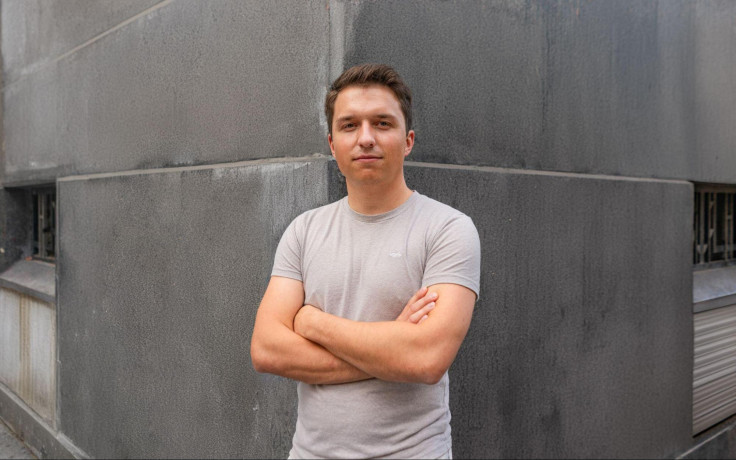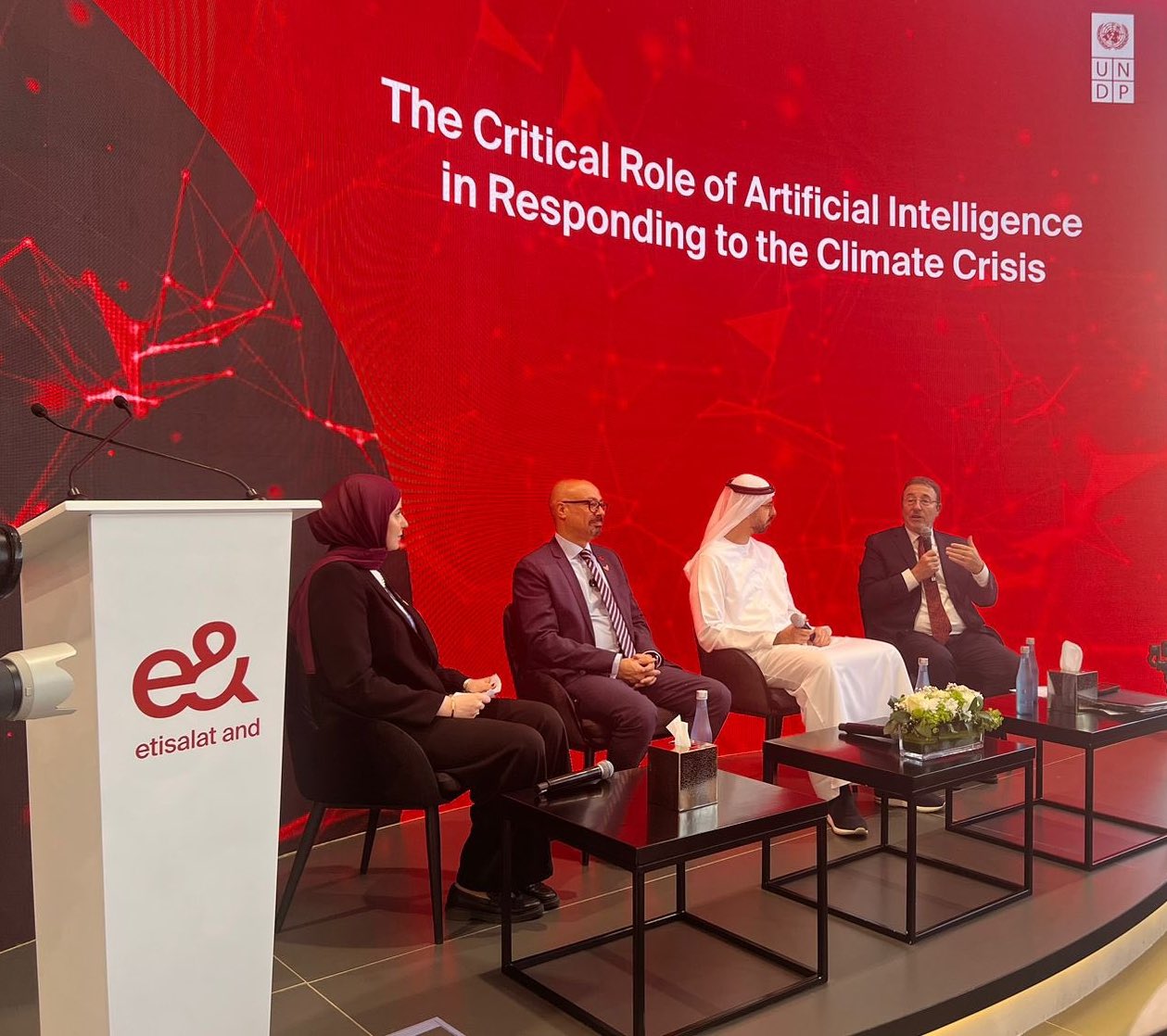
How Michael Feil Is Powering the Evolution of AI with Long-Context Language Models
The landscape of Artificial Intelligence (AI) has undergone a significant transformation, yet the journey towards widespread adoption continues. In this evolving narrative, Long-context Language Models (LLMs) are emerging as pivotal technologies, shaping how machines comprehend and process extensive text. With their ability to manage vast amounts of information, LLMs are poised to redefine the boundaries of AI, facilitating applications from coding to healthcare and beyond.
 Innovative AI solutions are redefining industries.
Innovative AI solutions are redefining industries.
The Transformative Power of Long-Context Models
Long-context language models are not just a technical marvel; they are instrumental in driving efficiency across diverse sectors such as marketing, banking, and legal services. The advantages these models offer are extensive—they streamline operations, automate repetitive tasks, and scale data processing while being customizable to meet unique business requirements. In an increasingly digital world, the versatility and capabilities of LLMs cannot be understated.
Yet, with great promise comes significant challenges. Among the foremost issues is the coherence and relevance of generated text, particularly when dealing with lengthy outputs. Researchers and engineers are innovating tirelessly to mitigate these limitations, striving towards a future where LLMs can seamlessly handle complex scenarios.
Meet the Innovator: Michael Feil
One of the most exciting figures driving innovation in this space is Michael Feil, an AI Engineer at Gradient.ai. With a rich background in machine learning and AI, Feil’s journey began during his internship at Bosch Research, where he navigated the intricacies of ML models and sensors. This early experience not only led to a patented sensor system but also set the stage for his influential work in the field of AI.
Feil’s impressive academic credentials further bolster his expertise; post-graduate studies in Robotics and AI at TU Munich provided a solid foundation for his contributions to the industry. His tenure at notable institutions like Bosch and the Max Planck Institute has solidified his reputation, especially in the realms of reinforcement learning and AI applications in manufacturing.
A Trailblazer in Code Generation
Following the whirlwind release of ChatGPT in December 2022, Feil was at the forefront of LLM development focused on code generation. His contributions to LLM inference projects, particularly CTranslate2, highlighted his ability to integrate cutting-edge tech into practical applications. Notably, his role in the development of Starcoder-1—an LLM that set a new benchmark—exemplifies his impact in this rapidly evolving field.
After joining Gradient.ai as its first international employee, Feil has been pivotal in crafting robust AI infrastructures, such as the Infinity project, targeting the underexplored potential of encoder-only LLMs. This endeavor has emerged as a standout solution for organizations aiming to optimize text processing capabilities.
Tackling the Long-Context Challenge
At the helm of cutting-edge projects at Gradient.ai, Feil is addressing the critical challenge of maintaining consistency and comprehension in long text sequences. Leveraging innovative techniques such as the customized Ring Attention, he is enabling models to process up to 4 million words, pushing the threshold of what LLMs can achieve in understanding complex narratives.
His recent project has captured significant attention in the AI community, demonstrating the transformative potential of LLMs in generating and managing extensive content. This is not just about scale; it’s about enhancing our capability to distill insight from rich, complex information.
“The future of AI lies in its ability to process and understand long-form content, transforming how we approach problem-solving in various industries.”
Making an Impact in the AI Ecosystem
Michael Feil’s efforts have not gone unnoticed; his work on Infinity has rapidly gained traction among industry leaders. Companies like SAP and Freshworks have adopted his technologies, demonstrating the practical implications of his innovations. Industry experts have recognized Feil’s contributions, positioning his work as foundational for future advancements in generative AI.
The democratization of AI is another hallmark of his philosophy. By making advanced tools open-source, Feil is not only fostering innovation but also empowering a diverse range of developers to harness the potential of AI technologies, ultimately leading to greater diversity in applications.
Inspiring the Next Generation
Beyond technical prowess, Feil’s commitment to mentorship and community is commendable. His appearances at industry conferences and podcasts showcase his passion for sharing knowledge and inspiring others in the AI domain. This commitment to educating upcoming professionals is invaluable, fostering a collaborative spirit that drives the industry forward.
Vision for the Future
Looking ahead, Feil envisions open-source AI becoming an integral part of countless industries, serving as a catalyst for innovation and transparency. However, he also recognizes the complex challenges associated with this vision, particularly in monetizing open-source projects. His plans to create a marketplace for AI projects could prove revolutionary, facilitating collaboration between developers and enterprises.
Drawing from his current initiatives at Gradient.ai, Feil is determined to break new ground in the realm of long-context language models, continuing to explore novel approaches to enhance their efficacy and accessibility.
Leaving a Lasting Legacy
As Michael Feil’s journey unfolds, it is clear that his impact on the AI landscape will be significant and enduring. With a steadfast commitment to pushing the boundaries of AI technology, he inspires a new generation of researchers to explore the limitless possibilities inherent in this field. Through his innovative spirit and collaborative efforts, Feil is shaping a future where AI can elevate human potential and transform industries as we know them.















